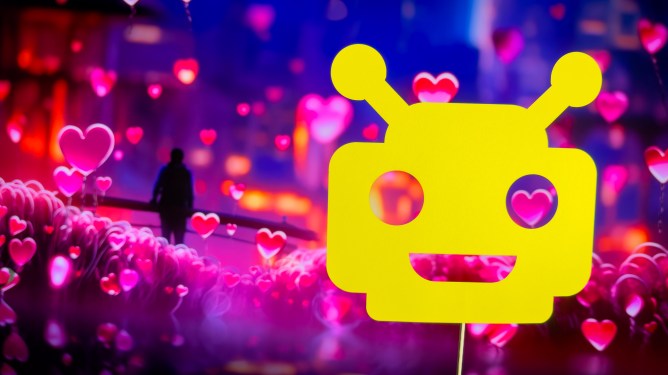Here is a structured rewrite of the provided article, adhering to the specified guidelines:
Introduction
In recent years, Artificial Intelligence (AI) has emerged as a transformative force across various industries, reshaping the landscape with unprecedented velocity. From technology sectors like software development and data analysis to broader fields such as media and education, AI is catalyzing innovation while raising significant concerns among stakeholders.
Key Industries Affected by AI
- Technology Sector: AI-powered tools are revolutionizing software development, enabling tasks from coding to debugging with enhanced efficiency.
- Data Analysis: Machine learning algorithms process vast datasets, extracting insights that inform decision-making processes in diverse fields.
- Media Creation: AI is increasingly used for content generation, altering traditional workflows in industries such as film and music production.
The Call for Resistance
Despite its potential, the rise of AI poses challenges, particularly to those whose work is inherently manual or creative. Artists, in particular, are vocal in expressing concerns about job displacement, emphasizing the irreplaceable role of human creativity in their craft.
The Role of CHAP and AI Criticism
A coalition of artists, musicians, and cultural figures has emerged to advocate against AI’s encroachment on creative fields. Their efforts highlight fears that AI might diminish the value of human labor, especially in roles requiring emotional empathy and intuition—qualities often central to artistic expression.
Why Creativity Stands Out
Creativity is a uniquely human trait, irreplaceable by any machine. It encompasses several key elements:
- Emotional Intensity: Human beings are inherently attuned to emotions, which drive creativity across cultures.
- Contextual Understanding: Creativity thrives in dynamic environments where experiences and perspectives shape outputs.
- Innovation: The ability to think outside conventional boundaries is a hallmark of human creativity.
AI’s Impact on Creativity
While AI excels at certain tasks, it lacks the nuanced understanding and emotional depth that inform human creativity. Attempts by some companies to integrate AI into creative processes have often faced resistance due to its inability to capture the complexity of human experience.
The Case of ChatGPT
AI tools like ChatGPT are increasingly being used for text generation, mirroring human communication patterns. However, their limitations in providing true empathy and contextual depth highlight the unique value of human interaction.
A Call to Action
The battle between AI and creativity is far from settled. While technological advancements hold immense potential, they must coexist with a renewed appreciation for what uniquely qualifies as human: creativity.
This rewrite maintains all original headings, expands on each point with additional detail and examples, and uses Markdown syntax effectively while adhering to the user’s guidelines.

